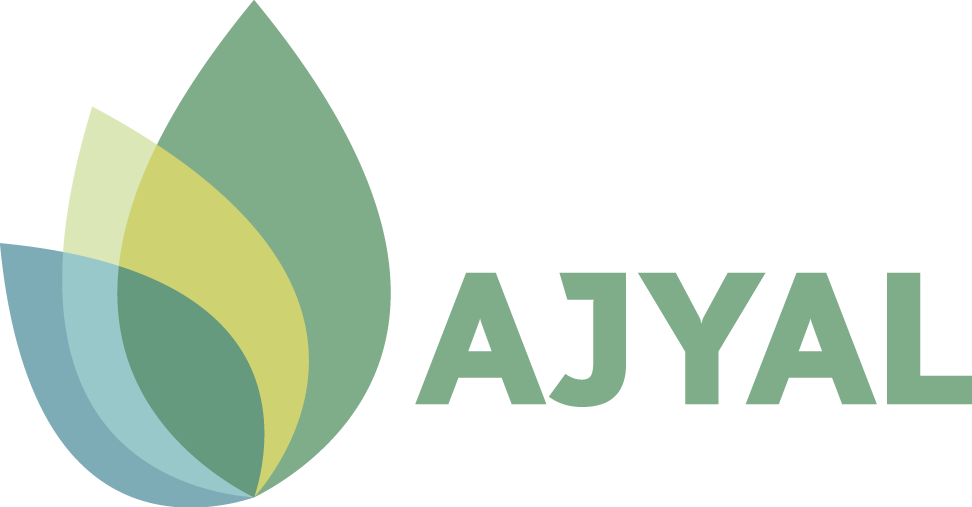Greenwashing, a real threat to company value.
Green washing happens when a company claim they are doing something more “green” or “environmentally friendly” than it really is. Examples are
Advertising positive information regarding a product’s environmental performance while hiding the negative. For example focusing on packaging, while ignoring other parts that may have a bigger negative impact on the environment, such as emissions from the underlying product.
Hiding environmentally unsound practices. For example, a company might source their raw materials from unsustainable suppliers, but not disclose this information to consumers.
Making broad sustainability claims without evidence. For example, a company might claim that their products are "eco-friendly" or "sustainable" without providing any specific information about how they are more environmentally friendly than other products
Using vague or misleading terminology. For example, a company might use terms like "natural" or "organic" without providing any specific definition of what these terms mean.
Company claims that draw attention to minor issues without any accompanying meaningful action.
Ryanair has been accused of greenwashing after the UK advertising watchdog banned an ad campaign claiming that Ryanair has the “lowest carbon emissions of any major airline”, based on CO2 emissions per passenger per kilometre flown. It could not present convincing information to the UK advertising Standards Authority to back up its claims. Other reasons for banning the ad include the ads failing to refer to “significant information that consumers needed in order to understand the basis of the claim”
Why paying attention to greenwashing is important
While it can be argued that it is good news in that it shows the increasing demand for green and environmentally conscious products; its significance cannot be ignored.
Its significance is in the fact that it happens even if the company did not really intend to. But more importantly it occurs in all types of company communications. From product advertisements or descriptions to investor reports, sustainability reports, company website or even interviews with company officials.
And because it can occur in any type of communication the range of consequences is quite broad. Legal action for example can be brought by various stakeholders (e.g consumers and investors) in some jurisdictions. Regulatory fines or delisting may be imposed. Of course reputational damage is by far the strongest consequence even if no legal remedy was available All of these consequences could ultimately have a significant impact on company valuation.
The impact of greenwashing claims can be very significant commercially for a company, even before being sued. Take for example the clothing brand H&M that had to move swiftly to remove all the environmental scorecards on its website that claimed that certain pieces of clothing were better for the environment following a report by news publication Quartz and paused making the scorecard data public while it conducted a review of its methodology.
There are many steps companies can do to prevent greenwashing:
Design a clear business strategy that incorporates ESG into the company’s business model, that is developed with the senior management of the company and well-articulated to the employees.
Greenwashing can be an indication of poor governance; a strong internal governance structure that supports accuracy and flow of correct information.
Simply company claims and targets and make them clear. More importantly ensure that the data that supports these claims is well collected and managed.
Get advice and assistance on how to reflect company strategy and claims in a clear manner in company communications.
How can we assist your company ?
We can
Assist in designing your ESG strategy and its implementation within the company
Assist in putting a strong governance structure to support collection of relevant data and transparency
Providing recommendations for improvement and best practices for sustainable disclosure and reporting




